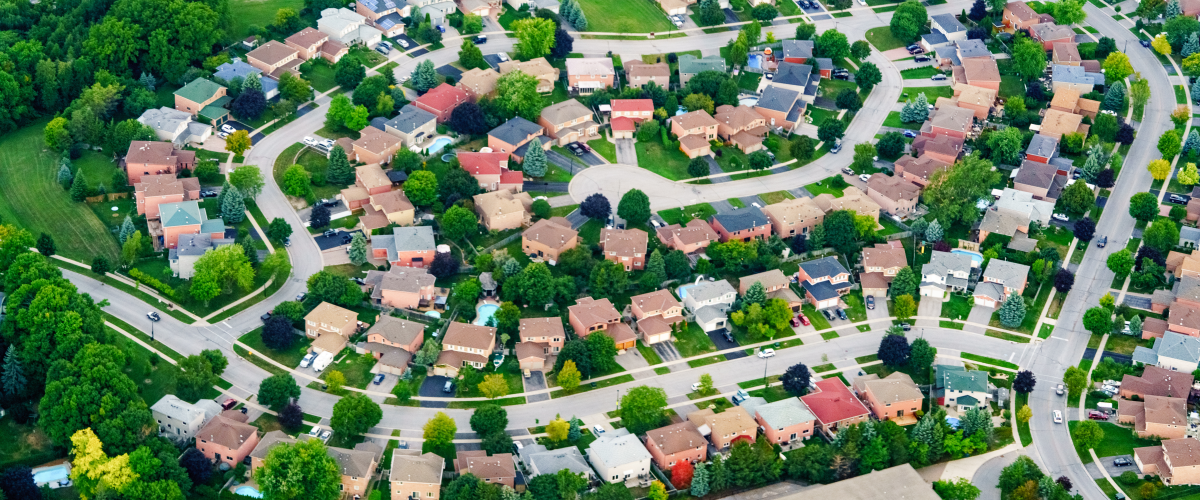Better Homes Ottawa Loan program
Energy-inefficient homes are not only costly, they also contribute to high amounts of GHG emissions. In Canada, 17 percent of all GHG emissions are caused by the ongoing operation of our homes and buildings. Retrofitting a home can yield significant sustainability benefits and improved comfort—but the high initial costs can keep that option out of reach for many Canadian homeowners.
With the cost of living on the rise and extreme weather events happening more frequently, it is critically important to start rethinking the energy efficiency of residential homes. In 2022, GMF, Vancity Community Investment Bank (VCIB) and the City of Ottawa came together to reduce the financial barriers and encourage more homeowners to undertake home energy improvement projects. In partnership with the Government of Canada, CEF contributed $12.2 million in funding, on top of $33.9 million from VCIB, to help the City of Ottawa develop a specialized program that covers the costs of a wide range of home-energy upgrades, including new windows and doors, heat pumps or other energy-efficient appliances, and solar or geothermal technologies that make use of renewable energy. Through these retrofits, the Better Homes Ottawa Loan program is estimated to reduce individual household GHG emissions by 30 percent per year and cut energy use and costs by up to 48 percent.
The program offers low-interest, 20-year loans ranging from $15,000 to $125,000. The loans are tied to the property (and therefore the property tax bill) and not the individual. This benefits the homeowners, as they are not stuck paying for the retrofit project should they decide to sell later on. The new homeowner will assume the balance of the loan while benefitting from a more efficient and comfortable home.
GMF’s collaboration with the City of Ottawa and VCIB is an example of the innovative models, tools and partnerships that can be leveraged through CEF to create a more climate-resilient infrastructure—and support the extensive energy-efficiency retrofits required to meet Canada’s target to reduce GHG emissions to zero by 2050.
ANTICIPATED RESULTS:
- Up to 48% annual savings on energy use and costs
- 30% GHG emission reductions annually in each household
- 500 homes to receive loans for home energy upgrades



